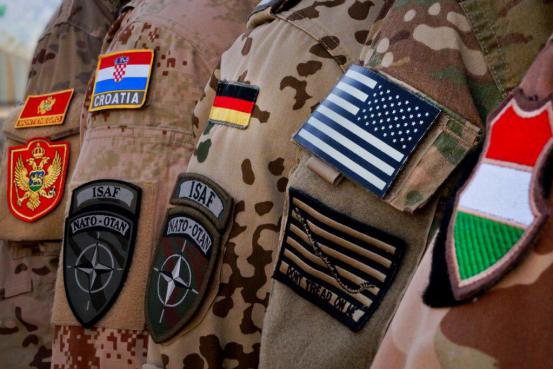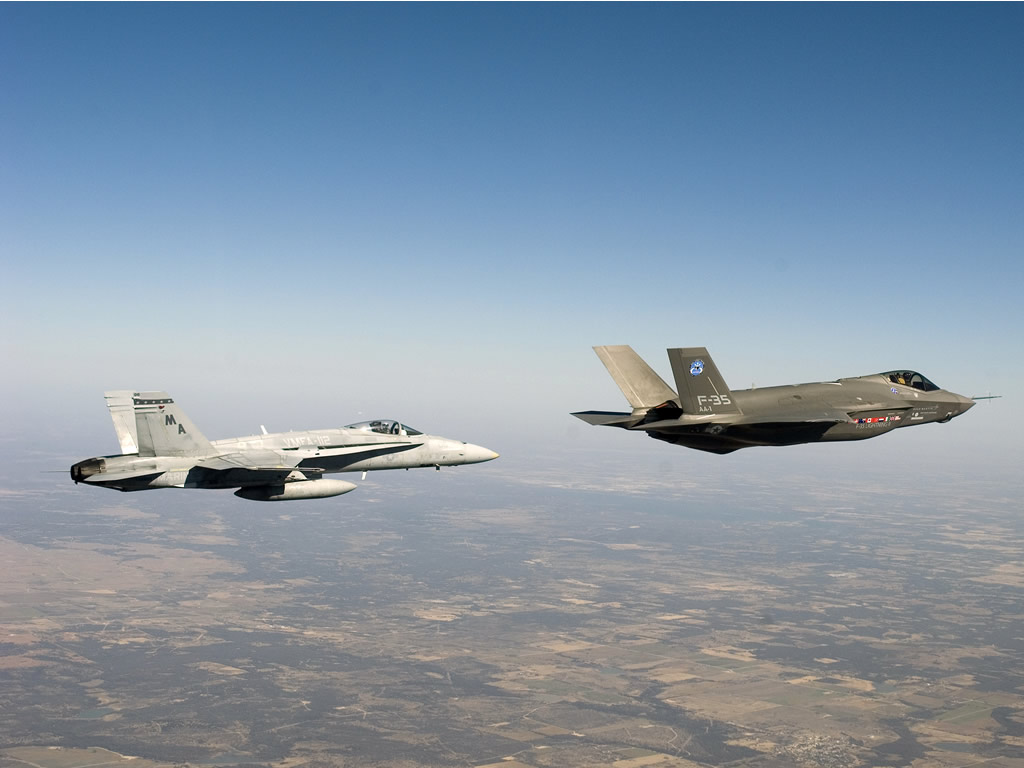NATO member states across North America and Europe continue to endure economic turmoil, which has led to defense spending reductions with profound implications for the Alliance’s effectiveness in future operations. Phased defense spending reductions are projected over the next five to ten years, especially among European member states, but also in the US. NATO’s largest direct contributor implemented the Budget Control Act of 2011, which cut US government spending by $1 trillion over ten years. Much of this will come from defense cuts, which will severely curtail recruitment, materiel procurement and maintenance across military branches. Sequestration has already forced the US government to halt certain Air Force procurements, furlough thousands of Army personnel and curb deployment and maintenance of Navy assets.
[captionpix align=”left” theme=”elegant” width=”300″ imgsrc=”http://natoassociation.ca/wp-content/uploads/2014/02/20090305_090305b-017.jpg “]
Former Italian Minister of Foreign Affairs and NATO Secretary-General candidate Franco Frattini, claims that NATO states cannot afford to allow horizontal defense cuts to corrode NATO’s operational readiness and defense capabilities. In the interest of optimized collective defense, Frattini proposes a solution that would enable the Alliance to maintain adequate levels of security in spite of drastic defense cuts. Frattini, a staunch proponent of multilateralism, affirms that NATO states should institute a division of labor whereby each state focuses on continued investment, development and contribution of a specialized military capability to the Alliance, to fulfill a single capability superbly, rather than multiple capabilities with mere adequacy. To illustrate, Frattini suggests that one state might specialize in refueling capabilities while another state could specialize in cyber security. This would allow states to streamline scarce defense dollars into one dimension of defense, and cut down on duplication of efforts within the Alliance.
While theoretically intriguing, Frattini’s proposed strategy is not without certain limitations and would likely prove exceptionally challenging to institute. Frattini may be placing too much confidence in enhanced collective defense through division of labor. The willingness of individual states to focus defense development and procurement on a limited number of capabilities is uncertain, as this could potentially undermine defense capabilities at the state level. Forgoing balanced investment in the full spectrum of critical defense capabilities could undermine individual states’ ability to address emerging security risks. By specializing in one area of defense, a state may be well situated to confront the corresponding risk, but leave itself vulnerable to other risks for which it lacks an adequate defense. Therefore, Frattini’s division of labor would need to include agreements that states would come to each other’s rescue to counter external aggression.
There is an inherent discord between Frattini’s proposal for transnational collective defense and state-level security requirements. Sustained NATO operations rely upon the direct contributions of member states. A division of labor carries inherent weaknesses, especially in the context of Frattini’s proposed strategy, where such a model potentially undermines the safety and security of nations by limiting the scope of national self-defense. Although not unfeasible, such a strategy would need to be implemented extremely carefully.




